Can Coconut Oil Whiten Teeth? | Double White
# Can Coconut Oil Whiten Teeth?
Welcome to Double White’s deep dive into a captivating subject: Can coconut oil, a natural remedy revered for its versatile benefits, effectively whiten your teeth? This article aims to demystify the role of coconut oil in dental health, providing you with evidence-based insights into its potential.
The Science Behind Coconut Oil
Coconut oil is rich in lauric acid, a component known for its anti-inflammatory and antimicrobial properties. These characteristics contribute to its popularity in the health and wellness industry. But how does this translate to dental health, and specifically to teeth whitening?
Tooth Whitening: The Coconut Oil Approach
Coconut oil's primary method for potentially whitening teeth is through a process called oil pulling. This ancient Ayurvedic practice involves swishing oil in the mouth for about 10-15 minutes daily. The theory is that coconut oil can help remove plaque and stains, potentially leading to a brighter smile over time.
Exploring the Efficacy
While anecdotal evidence and limited studies suggest coconut oil may help in whitening teeth, it's essential to understand the scientific backdrop. Research indicates that coconut oil can reduce plaque formation, potentially improving overall oral hygiene. However, as for significant teeth whitening effects, current scientific validation is sparse.
Benefits of Coconut Oil for Oral Hygiene
- Plaque Reduction: Coconut oil may help in diminishing plaque buildup.
- Improved Gum Health: Its anti-inflammatory properties can support periodontal health.
- Bad Breath Reduction: Coconut oil helps combat harmful bacteria, potentially reducing halitosis.
How to Use Coconut Oil Safely
To incorporate coconut oil into your dental routine, consider the following steps:
1. Choose Organic, Unrefined Oil: Purity matters for maximum benefit.
2. Oil Pulling: Place a tablespoon of coconut oil in your mouth, swish for 10-15 minutes, and ensure it reaches all parts of your mouth.
3. Consistency: Practice this method daily to observe potential effects gradually.
Conclusion
While coconut oil may not entirely replace professional dental treatments or whitening products, it offers a natural supplement to your oral care routine. Its health benefits extend beyond whitening, promoting overall dental hygiene and gum health.
For a brighter, healthier smile, consider integrating coconut oil into your regimen while maintaining a comprehensive dental care routine. Always seek advice from dental professionals regarding effective whitening solutions tailored to your needs.
Let Double White guide you on your journey to achieving a radiant smile naturally, informed by both tradition and science.
For further inquiries or professional dental tips, visit Double White’s resource center where we continue providing insights to enhance your dental health naturally and effectively.
Recommended for you
Why Teeth Whitening Strips Left White Spots on Teeth | Double White
Best Mouthwash for Teeth Whitening: Expert Guide by Double White
Tips for buy best reviews teeth whitening strips
Professional Teeth Whitening Cost - Double White
About Logistics
Can I change my shipping address?
Yes, you can contact our customer service team to modify the delivery address before order confirmation to ensure that the order can be accurately delivered to the address you specify.
About Product Choice
Should I choose patches or pens for teeth whitening?
If you want to evenly cover the surface of your teeth with whitening ingredients without affecting your daily activities, you can choose teeth whitening patches. And if you prefer precise control over the use of whitening ingredients and want to perform supplementary whitening at any time, you can choose a teeth whitening pen.
About Cooperation Process
What information do I need to provide to start the cooperation process?
You need to provide your company information, product needs, customization requirements, cooperation intentions and other relevant information.
About Customized Services
How long does customized service take?
The time for customized services depends on your specific needs and order volume. Generally speaking, we will provide you with customized solutions as soon as possible.
Teeth Whitening Powder
What is the shelf life of the teeth whitening powder?
Our teeth whitening powder has a stable shelf life, backed by scientific analysis and clinical trials to ensure effectiveness.

HP Teeth Whitening Alcohol-free Strips HPNA-01
Discover Double White’s HP Teeth Whitening Alcohol-free Strips HPNA-01, the best teeth whitening strips designed for a brighter smile without irritation. Alcohol-free formula ensures gentle yet effective whitening. Achieve professional results safely and easily at home with these top-rated teeth whitening strips.

HP Teeth Whitening Alcohol-free Strips HPNA-02
Double White’s HP Teeth Whitening Alcohol-free Strips HPNA-02 offer effective, gentle whitening without alcohol. These best whitening teeth strips deliver visible results, making them the good teeth whitening strips choice for a brighter smile. Try our whitening strips for teeth today!

Hydrogen Peroxide Residue Free Teeth Whitening Strips RFHP01
Double White Hydrogen Peroxide Residue Free Teeth Whitening Strips RFHP01 deliver the best quick teeth whitening results without residue. These best teeth whitening strips offer safe, effective brightening for a confident smile. Experience one of the best teeth whitening products today.

Hydrogen Peroxide Residue Free Teeth Whitening Strips RFHP02
100% tooth surface residue-free teeth strips represents the latest white teeth technology. This new product has strong adhesion on the teeth, but when peeled off, no gel-like substance remains on the tooth surface, leaving the teeth bright. Like new, no cleaning required.
Send us your inquiry
Reach out to us through the form below or via the contact information provided.
Our dedicated team is committed to providing prompt and personalized responses to all your queries.
Please fill out the fields above with your full name, email address, and comment.
Copyright © 2025 Double White All Rights Reserved. Designed by gooeyun

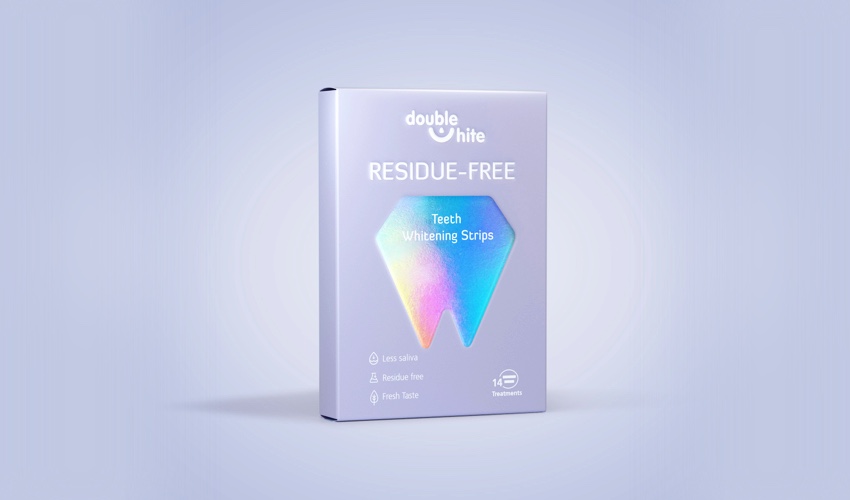
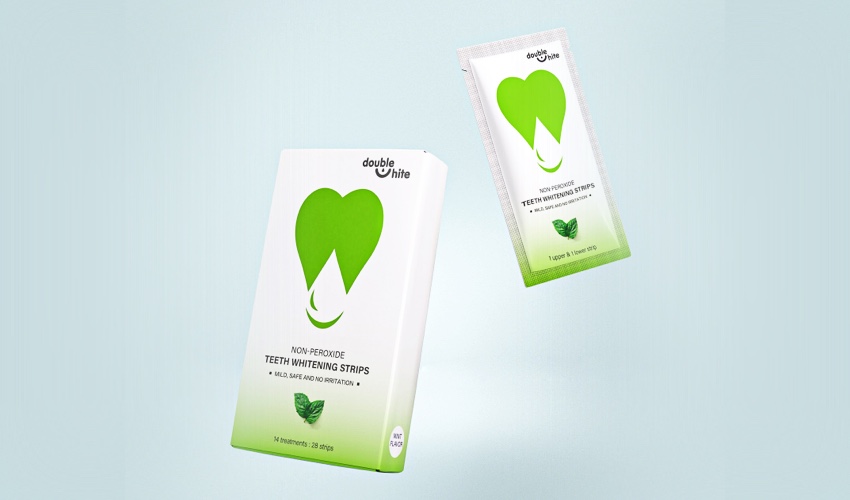
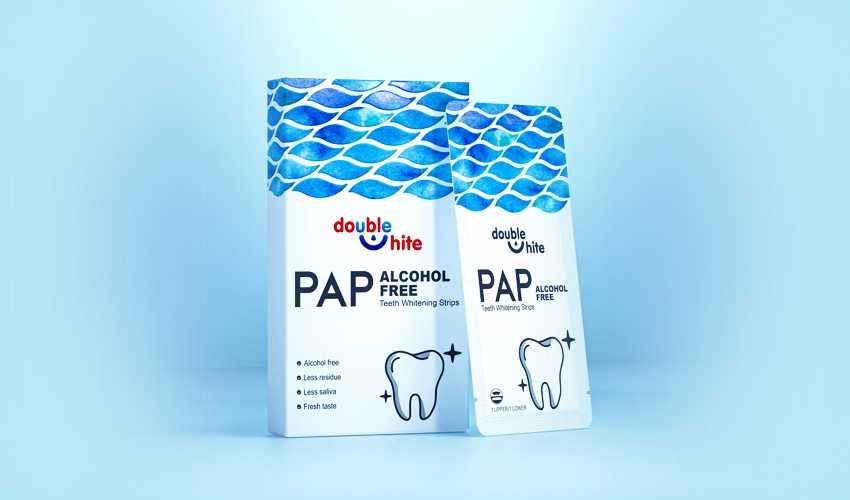
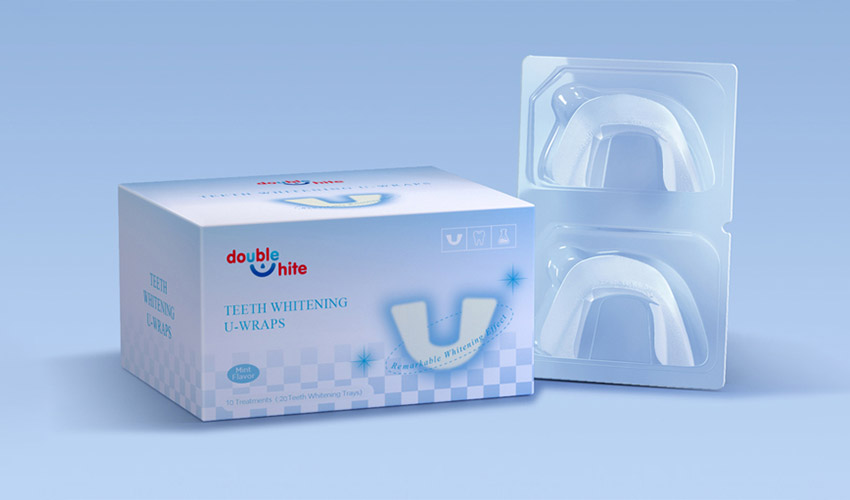
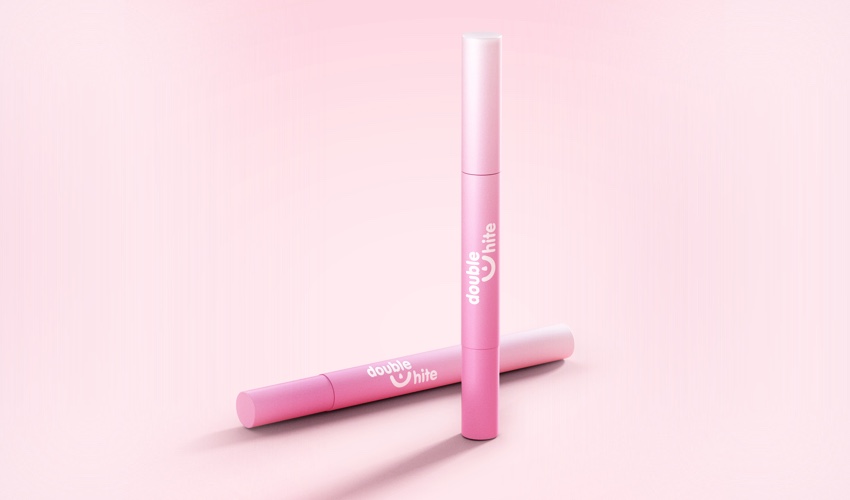
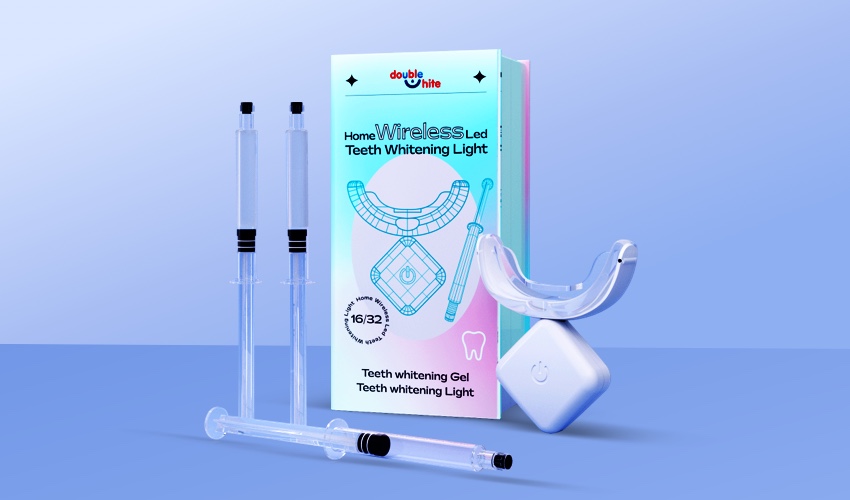
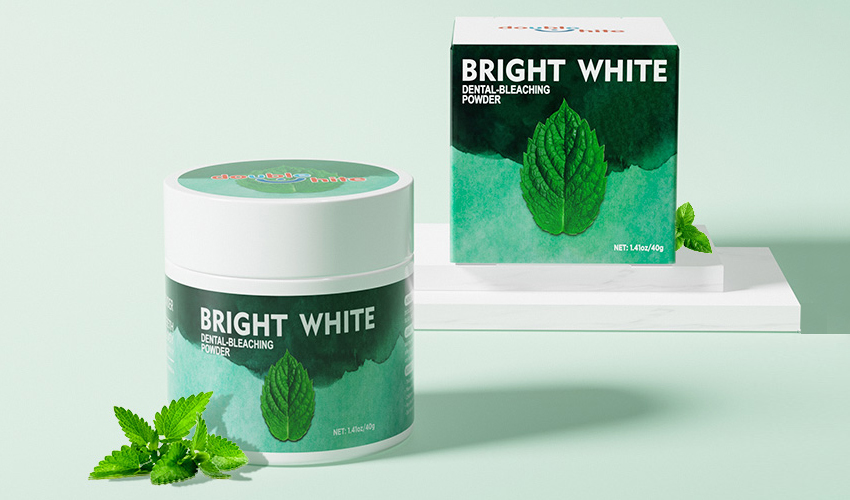






Whatsapp: +8615920313473
cndoublewhite
Doublewhite
doublewhitecn
cndoublewhite
cndoublewhite